OpenAI’s ChatGPT – launched in late 2022 – sparked a surge of interest in generative AI, models trained on massive amounts of data to generate text, images, or videos from user prompts. Since then, interest in AI has continued to grow and has permeated every corner of the industry.
Smartphone manufacturers are no exception. They see an opportunity to stimulate product sales after a long period of difficulty. At MWC 2024 taking place in Barcelona, Spain, many big names such as Samsung, Motorola, Xiaomi, Honor... all mentioned AI on mobile. According to Bryan Ma, Vice President of Device Research at IDC, no one wants to be behind the trend and AI is simply the hottest topic right now.
What is AI phone?
It’s hard to define an AI phone. The answer depends on who you ask. But according to CNBC, analysts agree on a few things: they have advanced chips to run AI applications, and AI applications run on the device instead of in the cloud.
Chipmakers like Qualcomm and MediaTek have launched chipsets that enable the processing power needed to run AI applications. In fact, AI technology on smartphones is not new. Some aspects of AI have been in phones for years and are behind features like background blur and photo editing.
The new spice here is large language models (LLM) and generative AI. LLM unlocks new features like chatbots that generate images, text, or meeting summaries from prompts. Another important part is “on-device.” Previously, many on-device AI applications were processed in the cloud and then downloaded to the phone. However, modern chips and LLM mean that more and more AI applications run entirely on the device rather than in a data center.
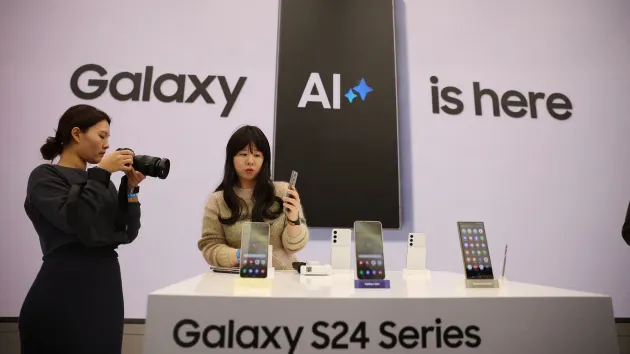
Smartphone makers say on-device AI improves security, opens up new applications, and runs faster because it’s processed on-device. Ultimately, they want to achieve what they call “predictive computing,” where AI is smart enough to learn how a user behaves and make the device much more intuitive, predicting what the user wants to do next with little input, according to Ben Wood, chief analyst at research firm CCS Insight.
Will AI phones create the next “super cycle”?
The era of on-device AI and LLM is still in its infancy. Samsung showed off its AI capabilities when it launched the Galaxy S24 Ultra in January, including the ability to circle images or text in any app and instantly search for it on Google. But the reality is that many of those features are still processed in the cloud, according to Ma. And even with on-device AI, it will take several years before third-party developers find compelling use cases that consumers can’t live without.
The danger, according to Mr. Wood, is that manufacturers talk a lot about AI without talking about the experience it brings to users. “Customers have no idea about AI phones, they need reality to understand,” he pointed out.
Samsung, Google, Apple and Chinese phone makers like Oppo and Honor are all dreaming of a “super cycle” thanks to AI. In 2023, global smartphone sales will fall to 1.16 billion units, the lowest level in a decade. According to data from IDC, the last super cycle in the smartphone market occurred from 2010 to 2015, when the market grew fivefold from 300 million units to 1.5 billion units. It took place in the context of smartphones starting to become popular thanks to the rise of “hot” applications such as Facebook, Instagram, WhatsApp, Uber, Snapchat, Twitter, Candy Crush Saga…
“The growth didn’t just happen because Apple launched the iPhone or Google launched Android,” Francisco Jeronimo, vice president of analytics and data at IDC, told CNBC. “The real reason for the supercycle was that people could carry the internet in their pockets.” Other factors included the ability to make video calls over the internet with 3G, and the move to 4G, which meant faster connection speeds.
CCS Insight analyst Wood said the iPhone was the last “seismic breakthrough” in the industry. “Everything since has been less disruptive,” he said.
However, Samsung and Google officials have expressed their belief in AI. James Kitto, Samsung UK’s head of mobile experience, said the mobile industry is at the beginning of a new era of hyper-growth driven by AI. The company is seeing really high demand. Brian Rakowski, vice president of product management for Google Pixel, also predicted that AI will create new excitement around mobile technology. He called AI “the key to everything.”
According to IDC, global smartphone sales this year could grow 2.4% to 1.19 billion units and continue to stagnate in the following years with a growth rate of 2 to 3% in the period 2025-2028. Expert Wood does not believe that AI will contribute to creating a new super cycle for smartphones, but only help maintain sales and create a little more interest at a time when hardware is increasingly boring.
(According to CNBC)
Source






![[Photo] Cat Ba - Green island paradise](/_next/image?url=https%3A%2F%2Fvphoto.vietnam.vn%2Fthumb%2F1200x675%2Fvietnam%2Fresource%2FIMAGE%2F2025%2F12%2F04%2F1764821844074_ndo_br_1-dcbthienduongxanh638-jpg.webp&w=3840&q=75)

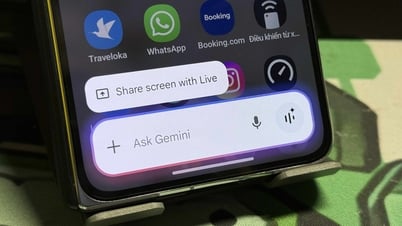

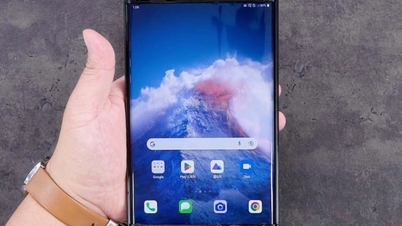

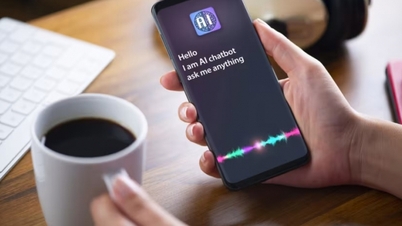

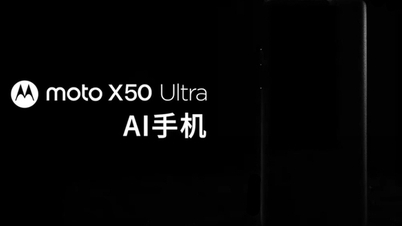

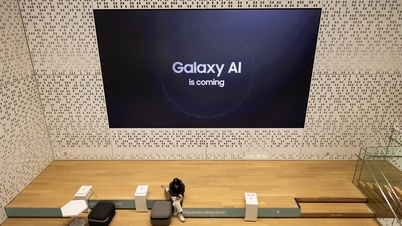















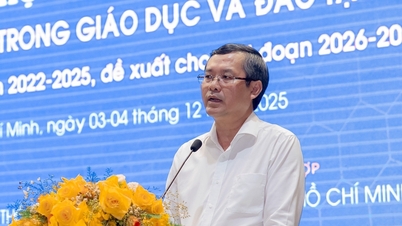

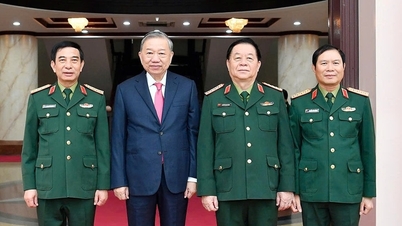


















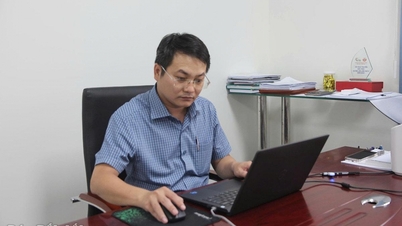


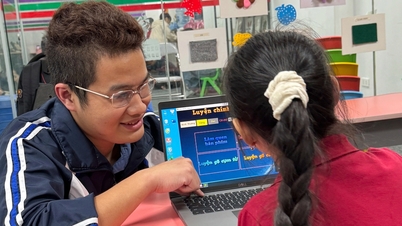


![[VIMC 40 days of lightning speed] Hai Phong Port determined to break through, reaching the target of 2 million TEUs by 2025](https://vphoto.vietnam.vn/thumb/402x226/vietnam/resource/IMAGE/2025/12/04/1764816441820_chp_4-12-25.jpeg)













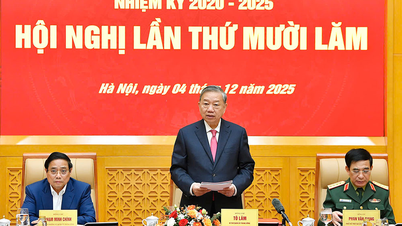


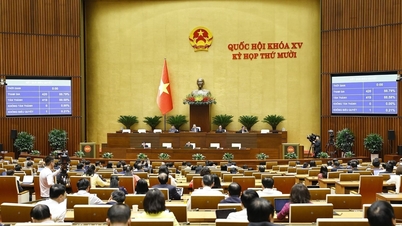


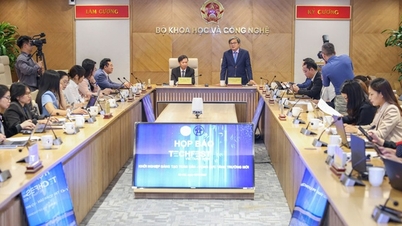







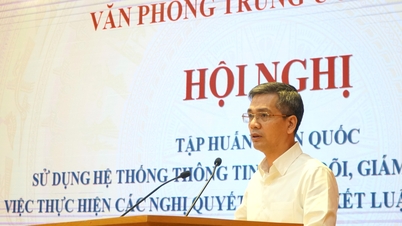









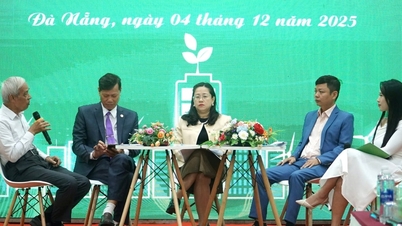















Comment (0)